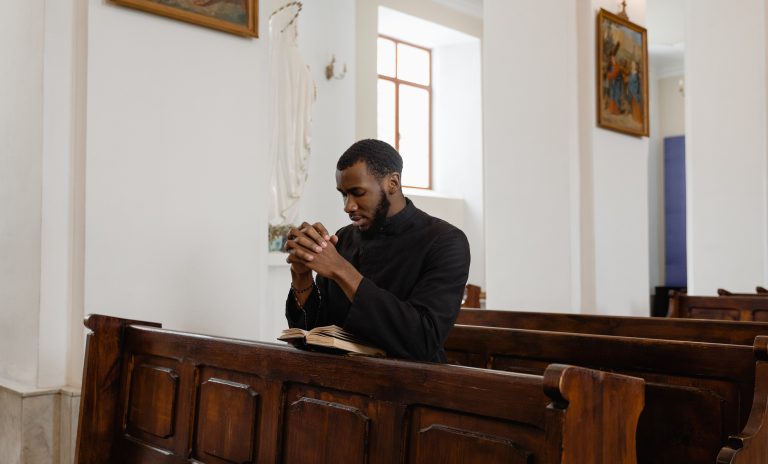The Student and Exchange Visitor Program (“SEVP”), the agency that regulates the issuance of student visas, announced drastic changes which could result in the departure of several US student visa holders, contrary to its initial flexible position in waiving physical presence requirements in favor of online attendance to comply with social distancing recommendations.
F-1 or M-1 visa holders, in conventional situations, are required to comply with the minimum requirement of physical attendance in classes taught by institutions accredited to issue I-20s, an official document required to obtain a visa at a consulate abroad or student visa status.
Social distancing orders in the USA forced schools to jump into online classes, which immigration authorities accepted on a temporary basis. However, for the school term beginning in August or September 2020 (“Fall Semester”), students must return to in-person classes regardless of social distancing rules imposed by state or municipal governments.
Participation in hybrid courses will depend on the course where the foreign student is enrolled.
The exceptions to the mandatory physical presence as published are:
● F-1 and M-1 visa holders enrolled in fully online schools cannot remain in the USA under F or M status. Visas will not be issued, and students enrolled in fully online courses will not be allowed into the United States. Students enrolled in online courses must leave the US or transfer to another school offering in-person classes. Alternatively, students who decide to stay in the United States enrolled in online schools will face immigration consequences, which will likely include being placed in removal proceedings in front of an immigration judge.
● F-1 visa holders enrolled in courses teaching in-person classes must comply with current rules for class attendance and can take up to one class or three credit-hours online.
● Students with an F-1 visa or F-1 visa status enrolled in schools with hybrid hours – a mix of online and in-person classes – will be able to remain enrolled in courses even if enrolled in more than one subject or three credit-hours online. Schools must issue, on form I-20, a Certificate of Eligibility, or Certificate of Eligibility for Nonimmigrant Student Status, to certify that the course meets the requirements imposed by US immigration laws. It is important to note that this option is not available for students of English as a second language (“ESL”) or M-1 visa holders enrolled in vocational courses, who cannot participate in online classes.

The official announcement left foreign students with several questions unanswered. Who is impacted by these changes?
• If you are in the United States on an F-1 or M-1 visa;
• If you received a status change for an F-1 or M-1 visa holder,
• If you are awaiting a decision on your status change request that is pending with the United States Citizenship and Immigration Services (“USCIS”)
Those in F-1 or M-1 status must know the following:
● If your school will not offer in-person classes and you are waiting for a decision on your change of status request, it is suggested that you change schools and submit a new I-20 to the immigration agency (“USCIS”) even before a decision in your case is issued to avoid receiving a Request for Evidence (“RFE”);
● If you decide to stay in the United States without changing schools, you can change your status from F-1 to that of a B-1 / B-2 (tourist / business), as long as you comply with visa requirements. This could prove problematic for those who have children enrolled in public schools, which is not permitted for B1 / B2 visa holders;
● For those who qualify for green cards through a family member (marriage to a US citizen, for example), or through professional qualifications (as in the EB-1, EB-2 / NIW or EB-3 categories), this is the time to analyze your case with a licensed immigration lawyer to avoid complications;
● If you received an F-1 visa abroad at an American consulate or embassy, you can transfer schools and there is no need for an immigration case aside from the issuance of a new I-20;
● Students in OPT (Optional Professional Training) are not affected, but students in CPT (Concurrent Professional Training) are, because in order to receive CPR one must be enrolled in a school and comply with attendance rules.
Castro Legal Group represents individuals across the country in immigration proceedings, before the USCIS, or immigration forum. Contact us today by telephone or Whatsapp 1-954-204-0393, online www.castrolegalgroup.com or by email info@castrolegalgroup.com to discuss your case in detail.
[gravityform id=”2″ title=”true” description=”true”]




